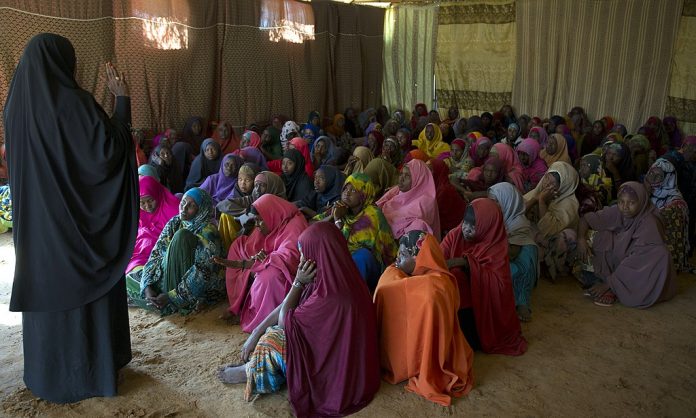As many as 65,000 women affected by female genital mutilation (FGM) are living in Germany, according to the women’s rights organisation Terre des Femmes.
One Somali woman who is calling for an end to the practice spoke to Deutsche Welle (DW), Germany’s international broadcaster.
“I was about 11 or 12 years old,” she said. “Several people held me down. Then they cut me. They laid me on the table. I can still see the image. I had such horrific pain. Then they sewed me together. They tied my legs together for a month so that the wound would heal.”
According to DW, there has been an increase of arrivals from countries where female genital mutilation (FGM) is most prevalent.
In a statement to DW, the German ministry for women’s affairs said it planned to work more closely with youth welfare offices over the current legislative period. Whether there will be financial aid to help support groups for affected women wasn’t clear. The justice ministry was unavailable to comment.
“The only way to really gauge what’s going on is to have a vigilant society,” said Terre des Femmes’ Charlotte Weil. “That particularly means people who work in close contact with families — volunteers, teachers having to do with parents who might potentially subject their daughter to FGM. These people should be particularly attentive.”
She noted that the government also needs to provide financial aid to volunteer support networks.

